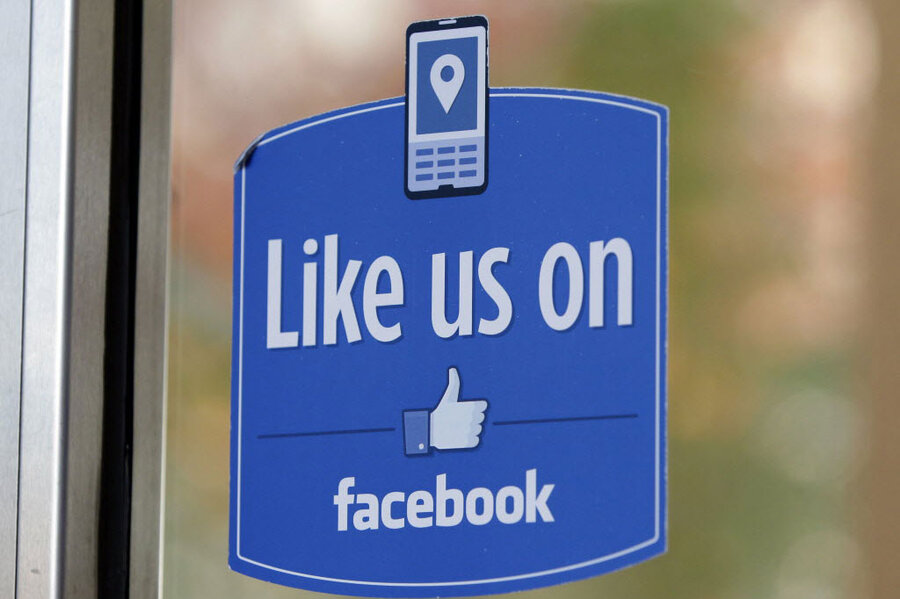Facebook's new reactions are nearly ready. Will users 'like' them?
Facebook has plans to scrap the now iconic and simple “like” button in place of a more emotion-driven system. And the change could be coming soon.
Facebook engineers have been working on a new reaction system that will augment the “like” system currently in place. The system will offer users the choice of six different reactions to show how they feel about a post: “love,” “haha,” “wow,” “sad,” “angry,” and the classic “like."
The change is designed to give users more options and to fix many of the limitations imposed by the simplified “Like” feature. If a Facebook user sees a post on their newsfeed about a tragedy or natural disaster, the current system becomes an issue – do users “Like” the post to show acknowledgement or do they abstain so as not to “like” bad news?
The new reaction system has the potential to give users alternatives, but how they will react to the change is still unknown: “wow,” “sad,” or “angry?”
“People don’t like to make many decisions” on social media, Grace Abbot, a media and digital strategist with B/C Designers, tells The Christian Science Monitor. “I’m sure there will be people who take advantage of the feature, but for the most part ... its too much."
Ms. Abbot says she sees people using the “Like” feature more as an indication of acknowledgement or to support a post than actually expressing an emotional response.
Facebook’s mixed history with website changes also points to the potential for a lukewarm acceptance of the reaction system from users.
Facebook as a website has undergone several reiterations since its 2004 launch from founder Mark Zuckerberg’s dorm room. But since 2011 and the addition of the “Timeline” feature, the website’s changes have been primarily aesthetic. Facebook’s growth as a company has been tied primarily to acquisitions, like Whatsapp and Instagram, or side projects like the Messenger app.
When Facebook’s website has undergone change, its been met with resistance from avid users. In 2009, Facebook’s change to the homepage was met with a Facebook group called “Change Facebook Back to Normal,” which garnered a little more than a million users, according to The Telegraph. The pressure has resulted in many potential changes to the website being scrapped before reaching an audience, including Facebook Chief Product Officer Chris Cox’s past project to revamp the News Feed.
“I think any good company is trying things, is forcing itself to try things, and you need to be able to put things out there and try to learn,” Mr. Cox told Bloomberg in reference to past mistakes. “People only get in trouble if they’re not honest about failure.”
The reaction system has been tested in Spain, Ireland, Chile, the Philippines, Portugal, and Colombia. According to Wired, the new reactions will launch "in the next few weeks."
“This was a feature that was right in the heart of the way you use Facebook, so it needed to be executed really well in order to not detract and clutter up the experience,” Cox told Bloomberg.








